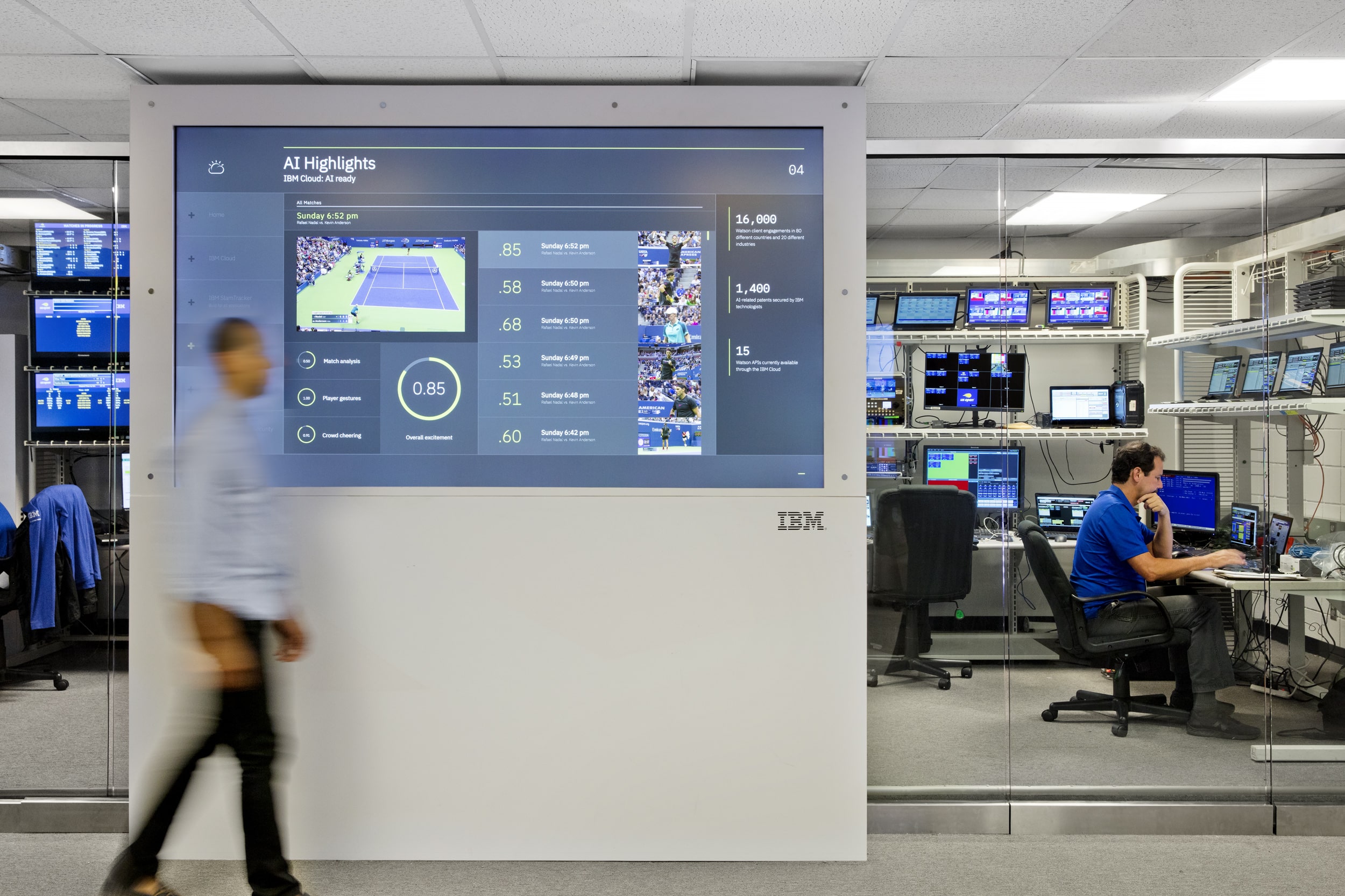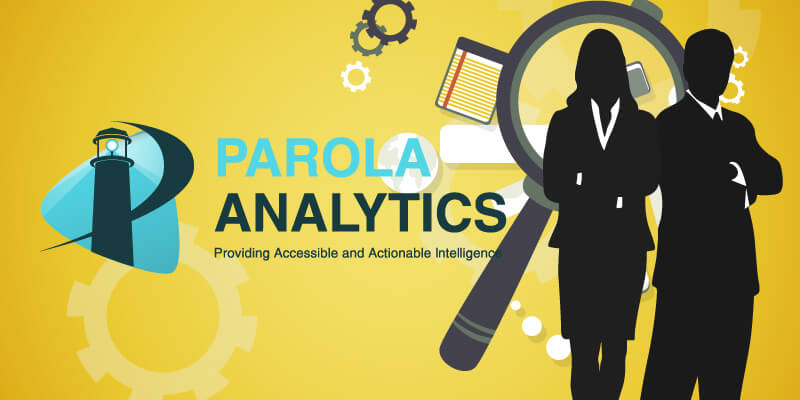Artificial intelligence (AI), according to the US Patent and Trademark Office (USPTO), has become increasingly important for invention. Annual AI patent applications recorded an increase of more than 100% from 2002 to 2018, rising from 30,000 to more than 60,000. The share of all patent applications that contain AI also grew from 9% to nearly 16% over the same period.
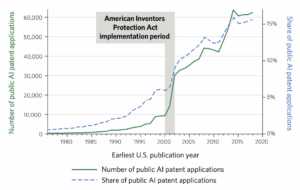
Figure 1 : The volume and share of public AI patent applications, 1976–2018
Source: USPTO
In the context of patent applications and grants, the USPTO defines AI as “comprising one or more of eight component technologies”. A single patent document could contain multiple AI components across technologies such as software, hardware, and applications. These component technologies include: (1) planning and control; (2) knowledge processing; (3) speech; (4) AI hardware; (5) evolutionary computation; (6) natural language processing; (7) machine learning; and (8) vision.
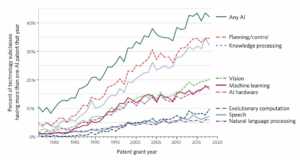
Fig. 2 – Diffusion of AI across patent technology subclasses, overall and by AI component, 1976–2018
Source: USPTO
The report, titled Inventing AI: Tracing the diffusion of artificial intelligence with U.S. patents, also found that patents containing AI only appeared in 9% of technologies in 1976 but by 2018, it has spread to more than 42% of technologies. The categories of “planning and control” and “knowledge processing” saw the highest increase in AI use in the data analyzed in the study.
IBM overwhelmingly tops the list of AI patent owners at time of grant from 1976 to 2018 with 46, 752 patents. Microsoft and Google, who round up the top three, have 22, 067 and 10, 928 respectively. Most of the top 30 companies with AI patents are from the information and communications technology sector, with a few exceptions such as General Electric (10th), Boeing (23rd), and Bank of America (29th).
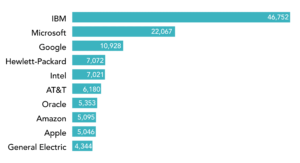
Fig. 3: Top 10 U.S. AI patent owners-at-grant, 1976–2018
Source: USPTO
The USPTO also noted a geographic shift in AI inventor-patentees between 1976 and 2000, with a change from being largely concentrated in larger cities and technology hubs between 1976 and 2000, to diffusing into other areas of the US such as the Midwest. Individual inventor-patentees also grew significantly in the same time period from 1% in 1976 to 25% in 2018.
The study follows a commitment by the USPTO to keep pace with the emergent technology published in an earlier report called “Public Views on Artificial Intelligence and Intellectual Property Policy” which looked at a “a wide variety of stakeholder views on the impact of artificial intelligence (AI) across the intellectual property (IP) landscape, including patent, trademark, copyright, and trade secret policy, as well as developing issues about database protection”.
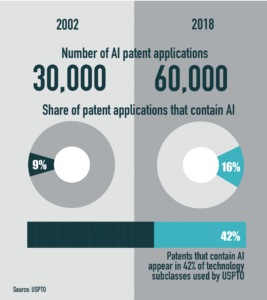
The USPTO received approximately 200 unique comments from various industries and organizations including foreign patent offices, bar associations, trade associations, academia, law firms, and companies in various industries such as medical, pharmaceutical, electronics, software, and automobile. The agency stated that the majority of commenters believe the US legal system is well equipped to handle the emerging issues raised by AI.
However, the sharp rise of AI patents, the fast pace of technological advancement, and changes in market practices, may require further scrutiny into the current intellectual property laws in place with regards to issues such as transparency and privacy .
Image thumbnail credit: Ed Riew/Urban Sled for IBM
